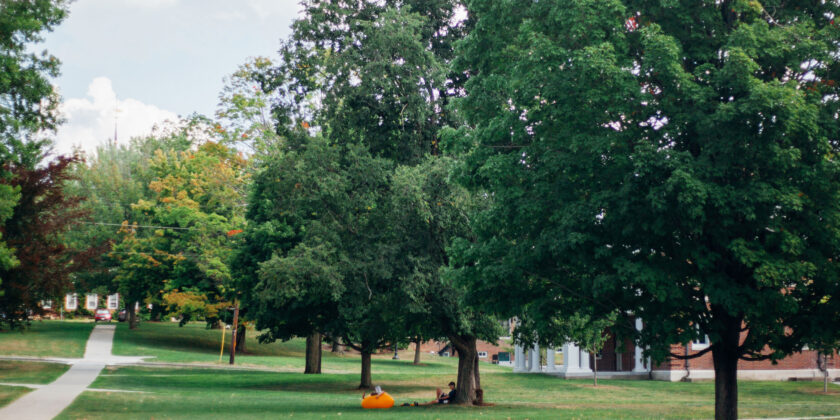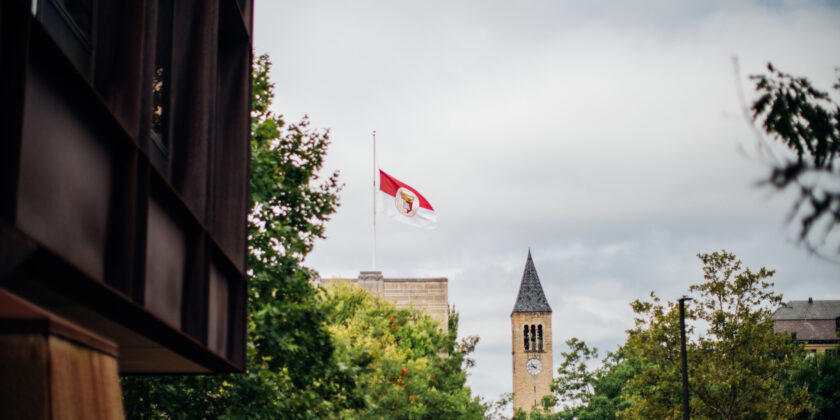The school year is winding down, which means it’s time to start working on college admissions essays. This month, we’ll share some excerpts from our book, The Complete College Essay Handbook, starting with some personal statement tips!
First, what exactly is a personal statement like the Common Application essay?
A personal statement is a creative essay of 650 words or less that reads like a short story, memoir, or novel—not like an academic essay, textbook, or newspaper article. The best personal statements tell a story that culminates in a meaningful realization and offers the reader a glimpse of a mind in the process of thinking.
The personal statement is not the place to brag about accomplishments (student body president, team captain, founder of a schoolwide service project), or about how amazing you are (“I’m a world-changing revolutionary!”).
Although people you don’t know are going to read it, the personal statement is not a public form, like a school-wide speech. The personal statement is an intimate form, like a secret. It is the place to be honest, vulnerable, and raw, to reveal mistakes and weaknesses, to open up about an experience you’d only tell someone you were really close with, to explore what you struggle with and what scares you.
The personal statement is not “about” an event or achievement. It is about the psychological and emotional processes that occurred “behind the scenes.”
The same story, told from one angle, can be impersonal whereas, from another—told with a focus on the process rather than the outcome—can become deeply personal. Here are a few examples to help explain what I mean.
- NO (Impersonal): The story about how you got elected student body president and a detailed account of everything you plan work on once in office
- YES (Personal): The story about your internal struggle to overcome a crippling fear of public speaking in order to run for student body president
- NO (Impersonal): The story about how you changed lives by raising money for an orphanage in Africa
- YES (Personal): The story about how you decided to start raising money for an orphanage because you yourself had been adopted and always struggled with the fact that your birth parents had abandoned you
- NO (Impersonal): The story about how tearing your ACL was hard because you couldn’t play football or see your friends for a few months
- YES (Personal): The story about how tearing your ACL gave you the time to reflect on who you are and you realized you didn’t want to just be an athlete so you started writing poetry and made new friends at school
Notice how all of these negative examples focus on the superficial event: I was elected; I raised money; I tore my ACL. By contrast, the positive examples explore the story behind the event—what was going inside of the writer that either led to this event (the student body president and orphanage examples) or the internal change that resulted from it (the ACL example). They also explore intimate, potentially difficult topics.
Since the personal statement is a creative essay at its heart, there is no set formula for success—however, our process and essay samples will give you the tools and examples you need to write your own standout personal statement.
*Stay in the know! Subscribe*






